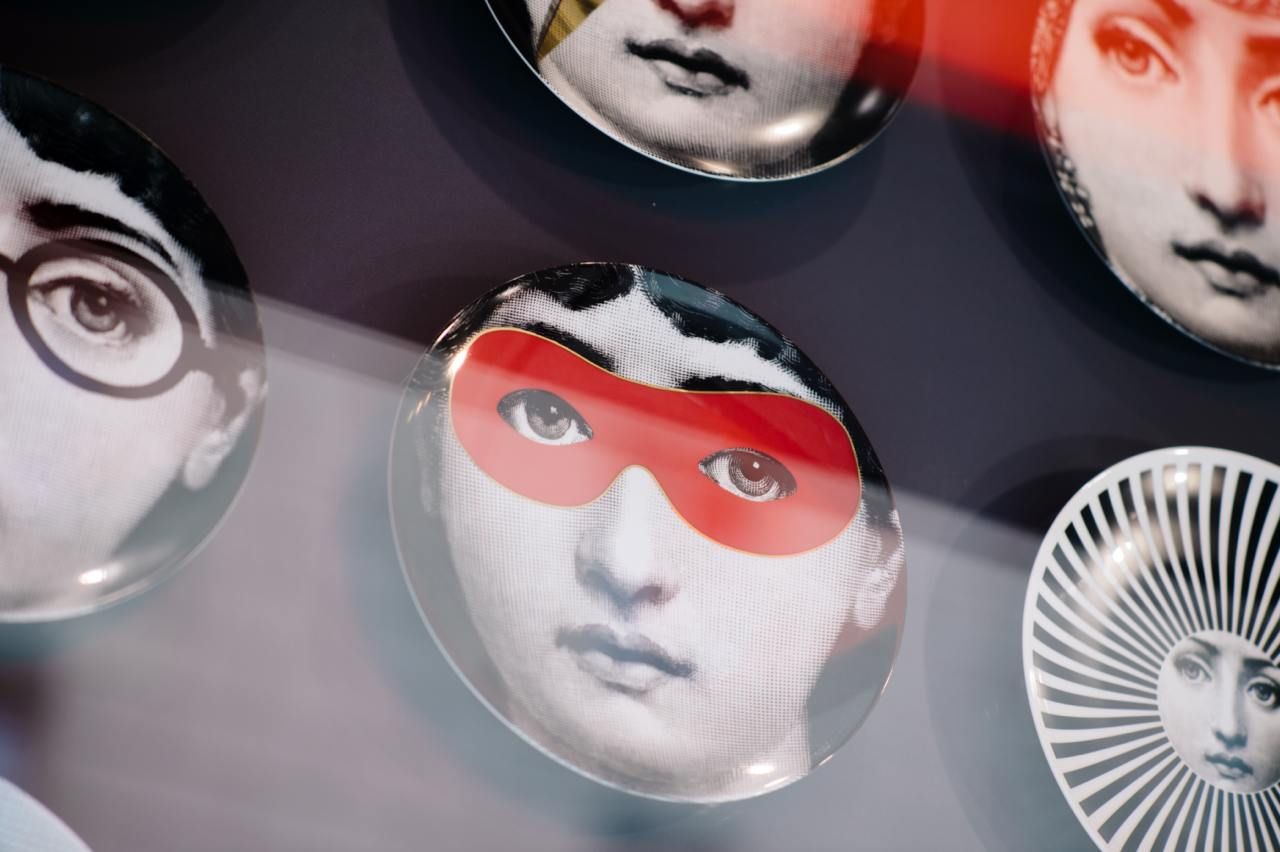Male Sexual Desire
-
Published:08 August 2024
-
Updated:06 February 2025

Male sexual desire is a complex and multifaceted phenomenon that includes both psychological and physiological aspects. Let's consider the types of male libido, the influence of erotic thoughts and fantasies on it, as well as physiological arousal.
Sexual Desire and Hormones
Research shows that the relationship between hormones and male libido is not as simple as previously thought.
- Testosterone plays an important role in maintaining the desire for intimacy, but its influence varies depending on the context.
- Estradiol, a hormone traditionally associated with female physiology, is also present in men and affects their sexual behavior.
- Prolactin - a high level of this hormone (hyperprolactinemia) is associated with low libido in men. It can inhibit the secretion of gonadotropins, leading to a decrease in testosterone and, consequently, a decrease in the desire for intimacy. Treatment of hyperprolactinemia can successfully restore desire.
- Oxytocin - is involved in regulating male arousal and emotional connection between partners. It is popular in the therapy of sexual dysfunctions.
How Erotic Thoughts and Fantasies Affect Libido
- They help maintain a high level of arousal and contribute to improving sexual activity.
- They serve as one way to satisfy sexual needs, especially in the absence of a real partner.
- They increase self-confidence and improve emotional state.
Research shows that men spend significantly more time thinking and fantasizing about sex compared to women. This is a universal pattern observed in all age and ethnic groups.
Types of Male Libido - in Simple Terms
Male libido in men can range from weak to vigorous and depends on many factors, including age, hormone levels, psychological state, and lifestyle.
Weak
A decrease in testosterone, chronic stress, depression, and taking certain medications (such as antidepressants or drugs for treating hypertension) manifest as a lack of interest in sex and a decrease in the frequency of sexual thoughts and fantasies. Weak arousal is observed with low testosterone, chronic stress, fatigue, and taking certain medications. It is accompanied by poor erection and absence of orgasm.
Consultation with a doctor is necessary for lifestyle changes, stress reduction, and improvement of emotional state.
Moderate
Normal testosterone levels, absence of significant stress factors, and a healthy lifestyle contribute to moderate sexual activity, regular thoughts, and fantasies about sex, stable erection, and regular achievement of orgasm.
Continue to lead a healthy lifestyle, exercise regularly, eat a balanced diet, and avoid stress.
Strong
High testosterone levels, good physical and emotional state, and positive relationships with partners manifest as increased libido, frequent thoughts and fantasies about sex. Intense and prolonged erections and vivid orgasms accompany intimacy with a partner. Recommendations remain the same.
If you have problems with sexual desire, consult a specialist (sexologist, urologist, endocrinologist, or psychologist) for qualified assistance.
Male Sexual Desire: An Overview of Biological, Psychological, Sexual, Relational, and Cultural Factors Influencing Desire (https://pubmed.ncbi.nlm.nih.gov/30803921/), Sex Med Rev. 2020 Jan;8(1):59-91. doi: 10.1016/j.sxmr.2018.12.002. Epub 2019 Feb 22. Accessed 5 Dec 2024.
Concurrent Gene Signatures for Han Chinese Breast Cancers (https://www.ncbi.nlm.nih.gov/pmc/articles/PMC3789693/), PLoS One. 2013 Oct 3;8(10):e76421. doi: 10.1371/journal.pone.0076421. Accessed 5 Dec 2024.
Low sexual desire in men (https://psycnet.apa.org/record/2020-40783-003), Nobre, P. J., Carvalho, J., & Mark, K. P. (2020). Low sexual desire in men. In K. S. K. Hall & Y. M. Binik (Eds.), Principles and practice of sex therapy (6th ed., pp. 63–86). The Guilford Press. Accessed 5 Dec 2024.
Neuroendocrine Mechanisms Involved in Male Sexual and Emotional Behavior (https://www.ncbi.nlm.nih.gov/pmc/articles/PMC7360913/), Endocr Metab Immune Disord Drug Targets. 2019 May;19(3):472–480. doi: 10.2174/1871530319666190131155310. Accessed 5 Dec 2024.
Endocrinologic Control of Men's Sexual Desire and Arousal/Erection (https://pubmed.ncbi.nlm.nih.gov/26944463/), J Sex Med. 2016 Mar;13(3):317-37. doi: 10.1016/j.jsxm.2016.01.007. Accessed 5 Dec 2024.
The physiological basis of human sexual arousal: neuroendocrine sexual asymmetry (https://onlinelibrary.wiley.com/doi/full/10.1111/j.1365-2605.2004.00514.x), 21 March 2005. Accessed 5 Dec 2024.







.svg)
.svg)
